Featured People: Meet the Idea Camp 2017 Facilitators
7 Feb 2017
Co-produced by the European Cultural Foundation, Platoniq and the City of Madrid, the 2017 Idea Camp brings together 50 Idea Makers from 25 countries across Europe, as well as a wide range of participants, including Idea Feeders, Facilitators, Digital storytellers, and local organisations and collectives in Madrid. Throughout this series of Featured People focusing on the Idea Camp 2017, we present you the work of these individuals passionate and active in finding new democratic alternatives. After the Idea Feeders, we continue our series with the Facilitators.
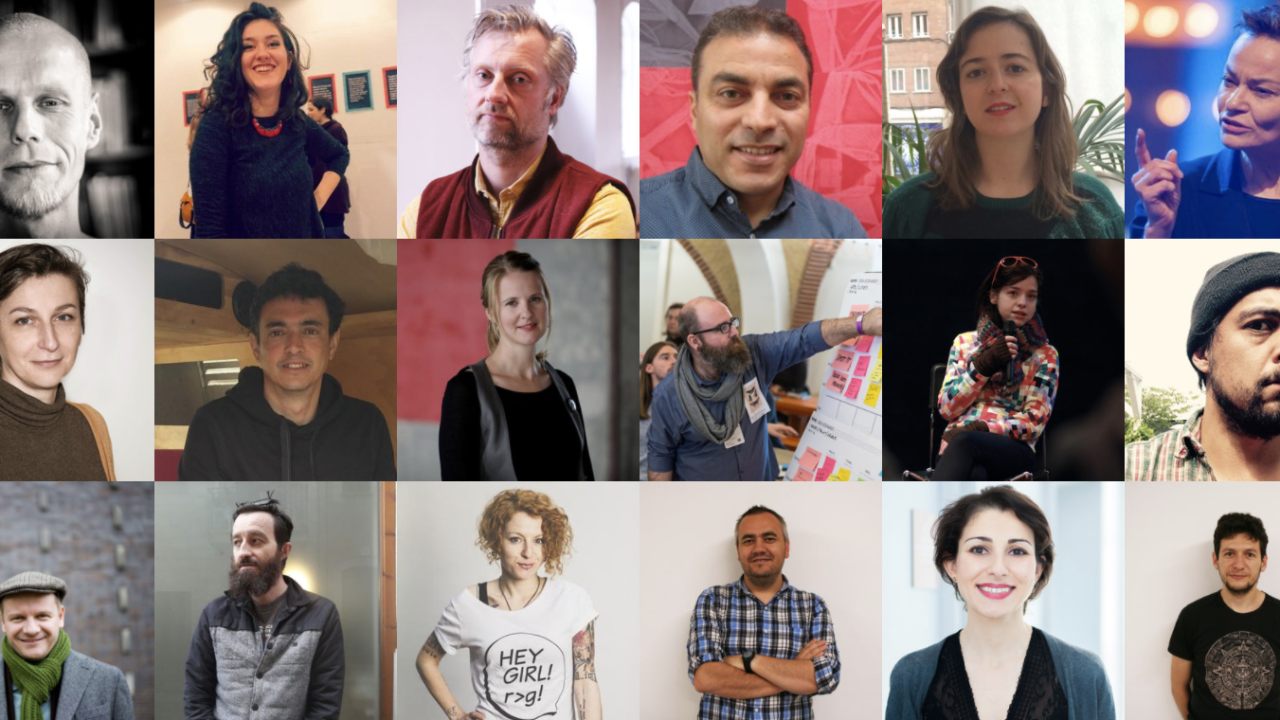
The Facilitators are representatives of the Connected Action for the Commons Hubs and will, throughout the three days, offer their support to the Idea Makers, the Idea Feeders and Digital Storytellers, ensuring an open and inclusive environment where ideas can blossom.
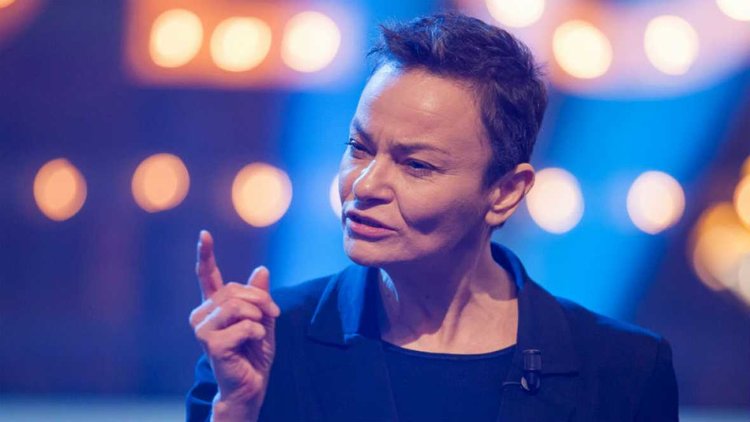
Antonella Broglia, Idea Camp’s MC
Spain
Antonella Broglia spent 30 years in marketing and advertising in companies such as Ogilvy & Mather Rome and Saatchi & Saatchi Spain. Over the last 11 years, she has been volunteering for Ashoka in Spain, Italy and other European countries, helping the American foundation for social entrepreneurship to develop its awareness, and the awareness of its fellows. For the last four years, Antonella has been the anchor of the TV programmePara todos la 2, on international social entrepreneurs. She is the curator of the ideas live event TEDxMadrid, and has also directed a youth version of the conference for six years. Antonella is also Senior Ambassador for Europe of the TEDx programme. She has been an actor in the Spanish company Theatre for the People
for the last eight years. She is also a professor of public speaking for post- graduate students, CEOs, teenagers and politicians
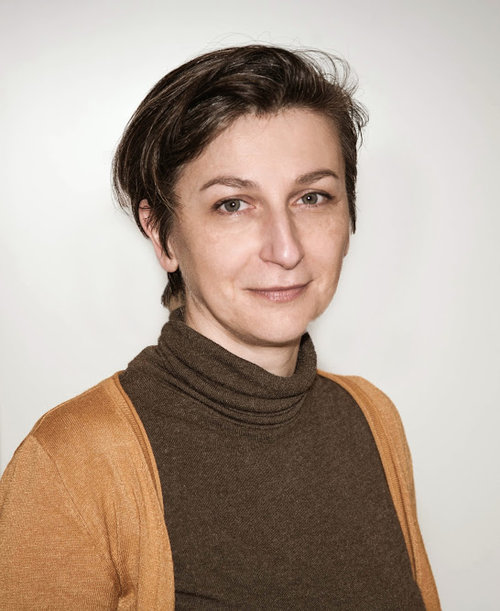
Miljenka Buljević, Culture 2 Commons
Croatia
Miljenka Buljević is a cultural operator and translator who focuses on promoting literature and reading habits, as well as on non-pro t cultural management and networking. She is a co-founder of Kulturtreger and the manager of its literary club, Booksa, in Zagreb. From 2010 to 2016, Miljenka was the chairwoman of Alliance Operation City, a platform of local organisations active in the eld of independent culture and youth in Zagreb, which co-founded POGON – Zagreb Centre for Independent Culture and Youth with the City of Zagreb. In June 2016 she became the chairwoman of Clubture – a national network of independent cultural organisations in Croatia. She is a member of the Editorial Board of the European network of cultural journals, Eurozine.

Ludvig Duregård, Subtopia
Sweden
Ludvig Duregård works as a project coordinator for Subtopia within ECF’s Connected Action for the Commons programme. He started out in the advertising world (which he hated) and soon ran away with the circus, literally, working as a tour manager for Swedish contemporary circus company Cirkus Cirkör. Over the last few years, he’s been working as a Communication Director for Subtopia. When he’s not working with the Connected Action programme and Subtopia, he’s pre-occupied with other frameworking and content producing organisations spanning small theatre companies in the rural south of Sweden to European networks. He provides strategic support and organises events for Halmstad International Street Theatre Festival (Halmstad, SE), Trans Europe Halles (Lund, SE), among others. He also represents performing arts in the regional Creative Board of Skåne and spends most of his time in what he considers the most beautiful place on earth (the Swedish south coast).
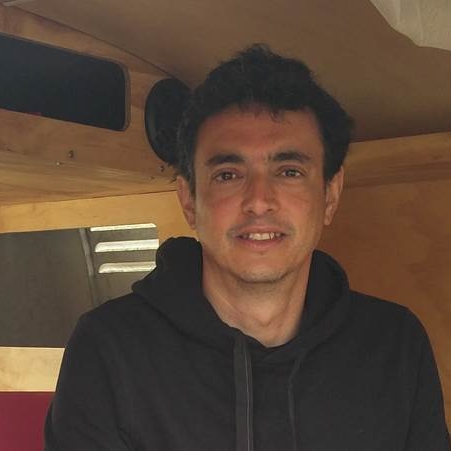
Juan Freire, XTribe
Spain
A strategist and leader for open organisations working on permanent innovation, Juan Freire has a background in environmental sciences but his interests have evolved towards digital culture, innovation and education. He is a co-founder of XTribe – a startup working with universities, companies and civic organisations to transform learning globally through entrepreneurship, technology and critical thinking. He also co-founded EduCaaS, a digital environment for creative and team-based learning based in free software; and inViable, a scienti c-creative agency that designs technologies for sustainability and collective action. He is an ECF Advisor and a member of the Venture Board of Ashoka España. He is also a Director of the Master of Strategic Design of the Istituto Europeo de Design (IED) Madrid and Visiting Professor of the Tecnológico de Monterrey (Mexico).
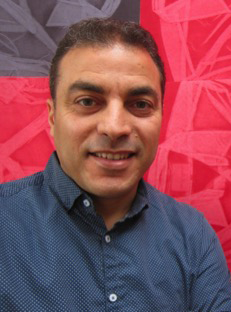
Sam Khebizi, Les Têtes de l’Art
France
Sam Khebizi is the Founder and Director of Les Têtes de l’Art. He has been working for ten years as an actor, dramaturge and trainer while simultaneously overseeing the emergence and development of the organisation. He has taken part in a number of training programmes in cultural management and his thesis, focused on supporting participatory artistic practices, draws on his experience at Les Têtes de l’Art. This experience is also a key element in his work assisting the creation of new projects, identifying their needs and connecting with resources (including artists, associations, institutions, etc.). Since 2005, he has been involved full-time in the development of Les Têtes de l’Art and has also played a role in several networks related to the social economy and solidarity (ESS). He is also administrator at ESS Regional Chamber and at SCIC SMartfr, a cooperative of 10,000 members in France, dedicated to cultural project management.
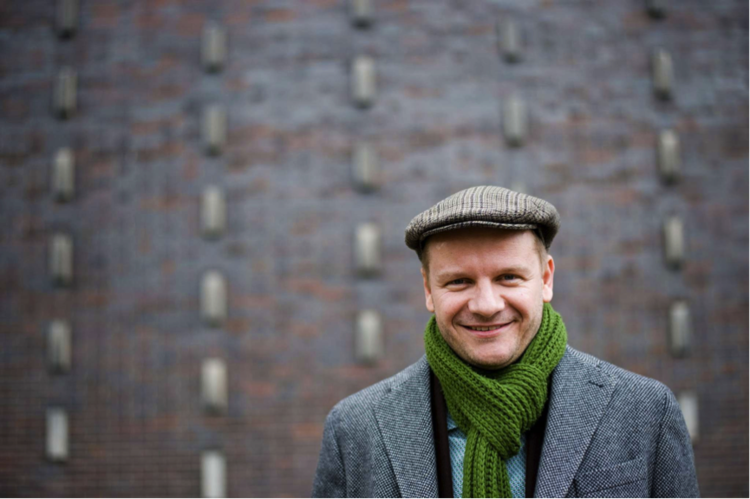
René Kubášek, Jihlava International Documentary Film Festival
Czech Republic
René Kubasek is with the Jihlava International Documentary Film Festival, the largest event of its kind in Central and Eastern Europe. Previously he worked as a diplomat: between 2010 and 2015, he was the Director of the Czech Cultural Centre in Bucharest; and between 2005 and 2008, he was the Czech representative in the International Visegrad Fund – an international organisation that supports civil society in Central Europe. René has collaborated with a number of NGOs, and between 1998 and 2004, he organised the Forum 2000 conferences, initiated and led by Václav Havel. As a documentary photographer, he has presented his work at exhibitions in the Czech Republic and abroad. He is also an ECF Advisor.
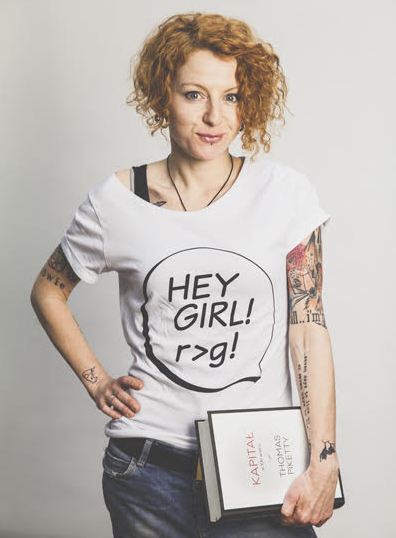
Pat Kulka, Krytyka Polityczna
Poland
Pat Kulka is a coordinator of socio-cultural and educational projects with broad experience in collaboration with cultural institutions (including the organisation of international artistic festivals) and long-term involvement in Polish and European NGOs. In Krytyka Polityczna, she coordinates academic activities (within the Institute for Advanced Studies and Critical University), international projects, as well as cultural projects. This includes activities implemented in the post-industrial district of Warsaw, Ursus, since 2014 (including ‘Factory. Ursus 2014’, ‘Draftmen’s Congress’ initiated by Paweł Althamer, or ‘Ursus. Walk in Time’ – a multimedia mobile application using augmented reality techniques) and all editions of the ‘Culture and Development’ Conference (in 2013, 2014 and 2017). She is also an anti-discrimination trainer, a human rights and animal rights activist, and a big defender of historical memory for the Polish Left.
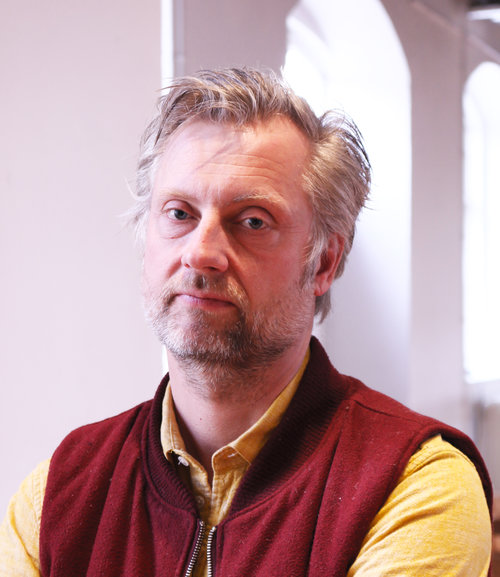
Anders Lindgren, Suptopia
Sweden
Anders Lindgren works at Subtopia as head of KLUMP – a growth space for cultural and social initiatives and businesses: “The people I work with are passionate, have excellent skills and great ideas. I have to be on my best to be useful for them. I am an expert in getting people to realise that they have what it takes.”
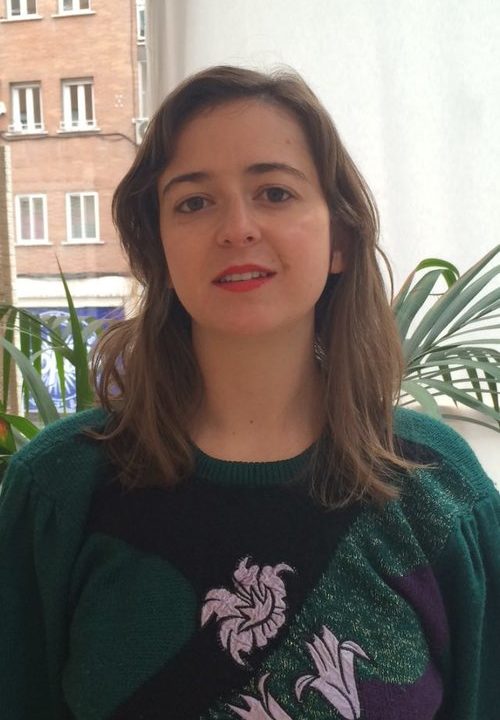
Carmen Lozano Bright, Platoniq
Spain
A journalist, cultural researcher and agitator, Carmen Lozano Bright joined the team at Platoniq (and its crowdfunding platform Goteo.org), where she currently coordinates the production of Idea Camp 2017 Moving Communities in Madrid. She’s also been an advisor at the co-laboratory that incentivises the growth of the commons through co-creation and crowdfunding (Goteo.org). A former Idea Maker from 2014, she developed research funded by ECF on peer-to-peer initiatives that are transforming public space through Southern Europe: ‘P2P Plazas: a Southern European Network’. Born in Colombia of Spanish and British heritage, since 2012 she has lived in Madrid where she experiences and researches the rising transformation of citizen laboratories and P2P practices.
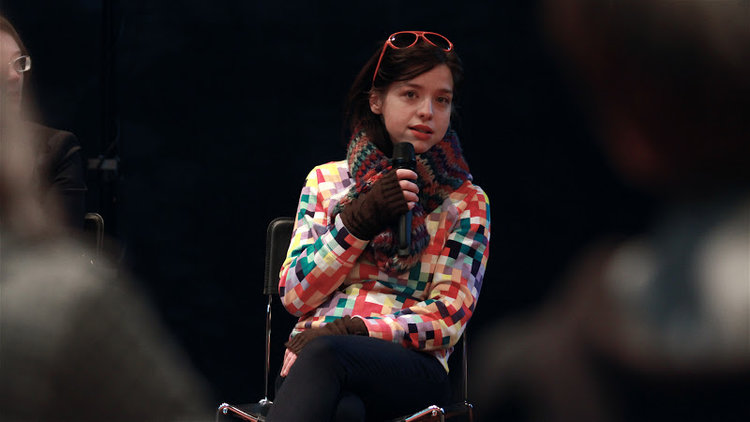
Katarina Pavić, Culture 2 Commons
Croatia
Katarina Pavić is a cultural operator and activist. She has been engaged in the independent cultural scene in Croatia and South-East Europe (SEE) since 2005. Katarina is a coordinator of the Clubture Network – a collaborative platform that brings together independent cultural organisations in Croatia. Katarina also helps to develop activities for Kooperativa – a regional platform that brings together independent cultural organisations from SEE. Her professional interests include advocacy and civic action, policy analysis and development in the eld of culture and civil society. Previously Katarina was a youth activist and representative, volunteering as a president and the board member of the Croatian Youth Network – an umbrella youth organisation in Croatia. Katarina is also one of the activists of the Right to the City – a local Zagreb platform that ghts economic overexploitation of urban space and unsustainable urban development policies.
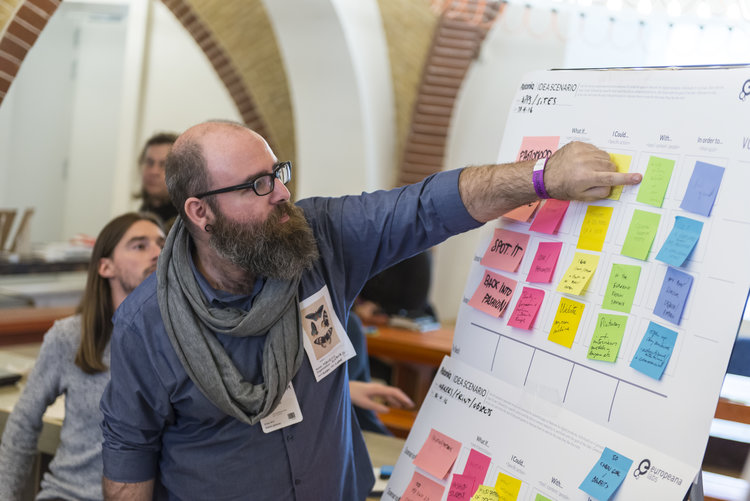
Mauricio O’Brien, Platoniq
Spain
Mauricio O’Brien is currently engaged at Platoniq/Goteo with a hybrid profile working in two key areas: supporting the facilitation of co-creation workshops and design thinking in action. Mauricio also develops the graphic design of materials, tools and focuses on user experience. He has been a graphic designer for more than a decade, starting his training at the School of Design of the Balearic Islands. He attended the first edition of the Graduate Course ‘Design, Image and Architecture’ at Elisava School of Design in 2003, to which has remained linked to this day. He received a Bachelor’s Degree in Arts and Design from the University of Southampton, UK. He is a Professor at schools including Elisava School of Design (UPF), European Institute of Design (IED) and ENSAM – National School of Architecture of Montpellier. He has developed a series of educational labs and workshops with students, since 2004, for the graduate and undergraduate education community.
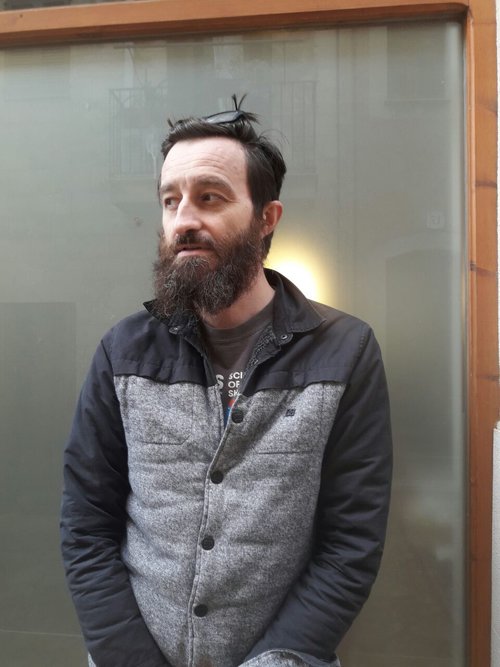
Olivier Schulbaum, Platoniq
Spain
A co-founder of Goteo (social impact crowdfunding) and Platoniq (agile & social design thinking), Oliver Schulbaum interprets the needs of partners with a close eye on new challenges, opportunities and technological paradigms. Since 2001, he has been carrying out projects where the social uses of ICTs and networking are applied to enhance communication, self-training, social entrepreneurship and citizen’s organisation. His work with Platoniq has been presented at innovation congresses and digital culture festivals and has been introduced in organisations such as the Basque Mondragon Coop and several educational spaces around Europe, Asia and Latin America.
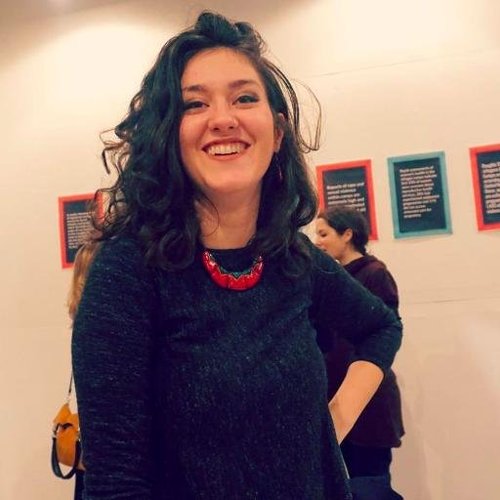
Elena Silvestrini, Platoniq
Spain
Elena Silvestrini is part of Platoniq’s team in Madrid, developing the Idea Camp’s programme. Originally from Rome, her background is in political science and gender studies. She has spent the last five years in London working on social and cultural innovation projects, with a primary focus on intersectional feminist initiatives, co-creation methodologies and capacity building. In this time Elena has been involved in the development of NEON Europe – a European network of activists working for an economy based on social and environmental justice. She founded the Italian chapter of an open- source gender & tech project against domestic violence, Chayn, and has been a researcher in TechVsAbuse – a collaborative research project investigating what role digital technologies can play in helping to support those experiencing domestic abuse.
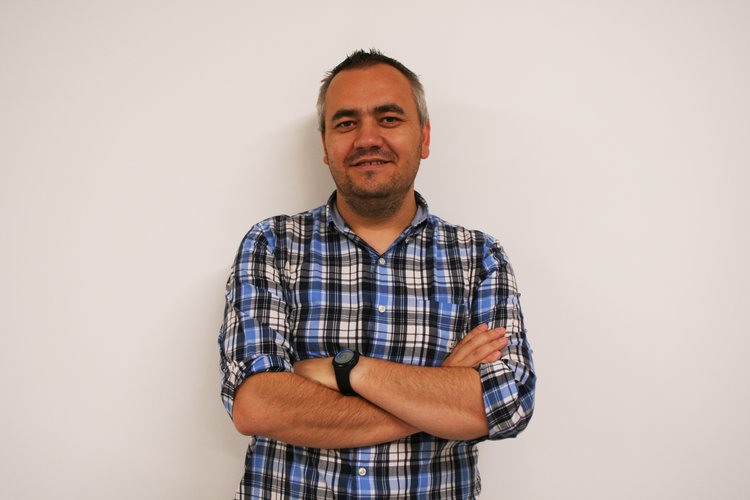
Vitalie Sprinceana, Oberliht
Moldova
A sociologist, blogger, journalist and urban activist based in Chișinău, Moldova, Vitalie Sprinceana is also a co-editor at PLATZFORMA.MD – a web platform for social, economic and political critique. He is interested in and argues for inclusive democratic public spaces, social justice, free knowledge, plurality of worldviews and practices. With the OBERLIHT Young Artists Association, he is working in the Chișinău area, trying to use art as a tool for community change and building communities through artistic expression.
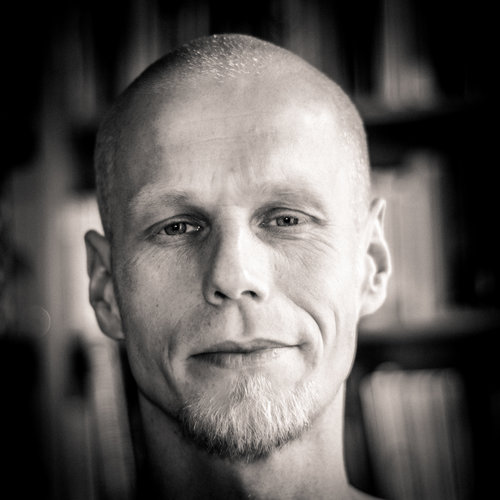
Igor Stokfiszewski, Krytyka Polityczna
Poland
Igor Stok szewski is a researcher, participant and initiator of social theatre, community theatre and engaged art activities. He cooperated with the Work Center of Jerzy Grotowski and Thomas Richards, the German Rimini Protokoll collective, and with the artists: Artur Żmijewski, Paweł Althamer and Jaśmina Wójcik. A co-curator of artistic interventions in post-industrial spaces of Ursus Warsaw district, he was one of the team members at the 7th Berlin Biennale for Contemporary Art (2012). He is also author of the book Zwrot polityczny [Political Turn] (2009) and co-editor of, among others, the volumes: Kultura i rozwój. Analizy, rekomendacje, studia przypadków [Culture and Development: Analysis, recommendations, case studies] (2016) and Build the City. Perspectives on Commons and Culture (2015). As well as being a member of the Krytyka Polityczna team, he is also a lecturer at the Institute for Advanced Study in Warsaw.
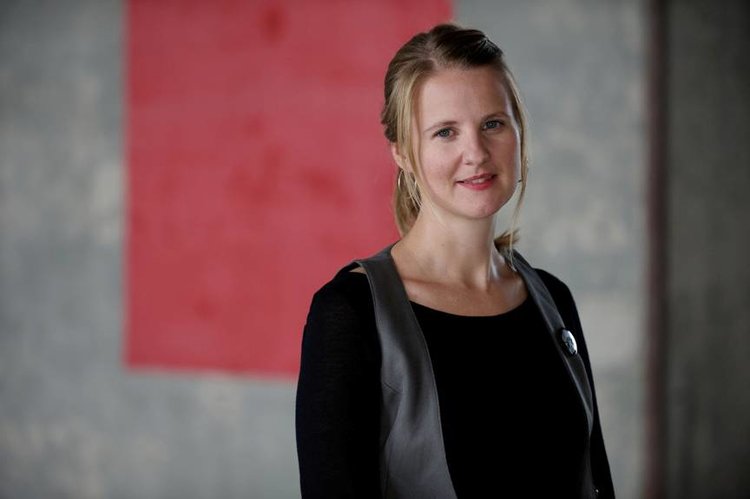
Ina Studenroth, Les Têtes de l’Art
France
Ina Studenroth, international project manager at Les Têtes de l’Art, holds degrees in cultural management and sociology. In the past, she has worked with artists from various disciplines, as well as with organisations such as Marseille-Provence (MP) 2013, European Capital of Culture and the Avignon Festival on production issues and project development. A native of Germany, she has lived in Marseille since 2006 and has extensive experience in managing projects funded by the European Commission. As Assistant to the Director in charge of programming at MP 2013 she developed several cross-sectoral projects of international scope. Today, she contributes her knowledge of international collaboration to project initiatives through Les Têtes de L’Art’s advisory work and via training programmes (Goethe Institut in Tunis). She describes herself as “a creator of connections”, facilitating creative exchange between individuals and organisations from various cultural backgrounds and locations.
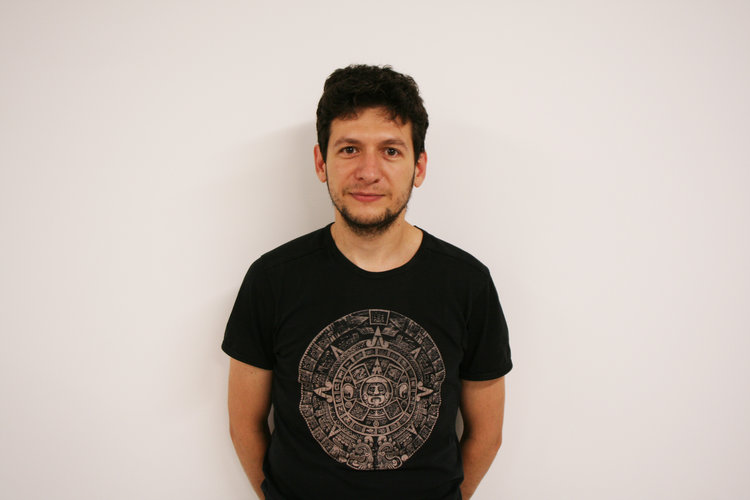
Vladimir Us, Oberliht
Moldova
Vladimir Us is an artist and curator based in Chișinău, Moldova, and a founding member of Oberliht Young Artists Association. He studied art, curating, cultural management and cultural policy in Chișinău, Grenoble and Belgrade. Through his recent works and projects, he has been examining the processes of transformation of the public space in post-Soviet cities along with the need for conceptualising an alternative network of public spaces for Chișinău.
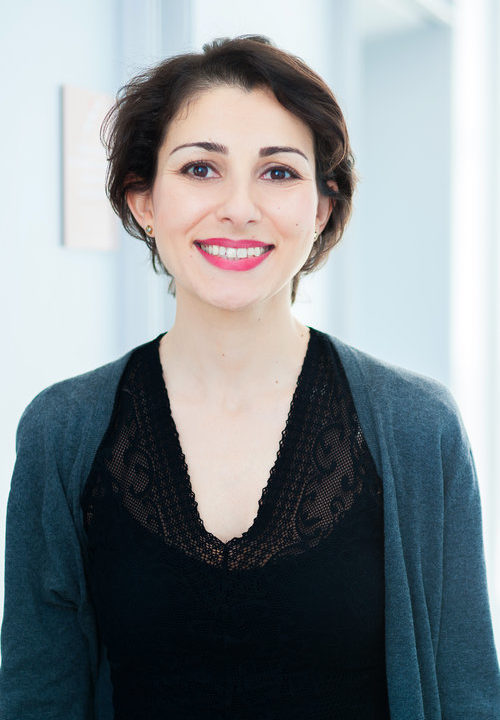
Rana Zincir Celal, London School of Economics
United Kingdom
Rana Zincir Celal works with the International Inequalities Institute of the London School of Economics (LSE) and Political Science as Deputy Director for the Atlantic Fellows programme. Previously she was with Columbia Global Centers | Istanbul, where she worked with Columbia University faculty to design and implement collaborative programmes in Turkey. In Cyprus, she was involved in establishing the Home for Cooperation, producing art exhibitions on contested histories, developing educational materials on enforced disappearance with The Elders and the International Center for Transitional Justice, and advocating for a gender perspective in the peace process. Between 2005 and 2009, she served as Vice-President of Programmes for Chrest Foundation, leading its grant-making in Turkey. Before relocating to Turkey in 2002, Rana was based with the Ford Foundation in New York. She is currently a trustee of Greenpeace International, a board member of Greenpeace Mediterranean, a member of the Greek Turkish Forum and Anadolu Kültür’s Executive Committee. She’s also served on the ECF Princess Margriet Award Jury and the Hrant Dink Foundation International Human Rights Award Committee. She holds degrees from Columbia and the LSE.
